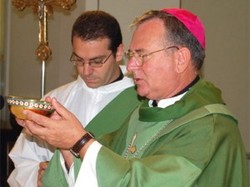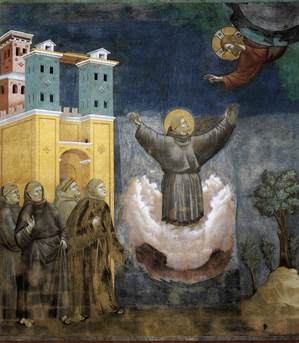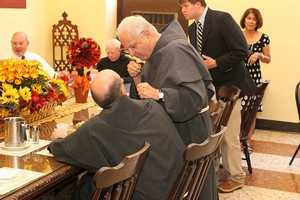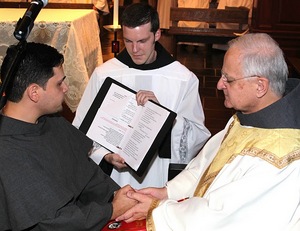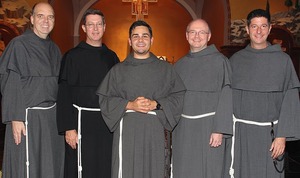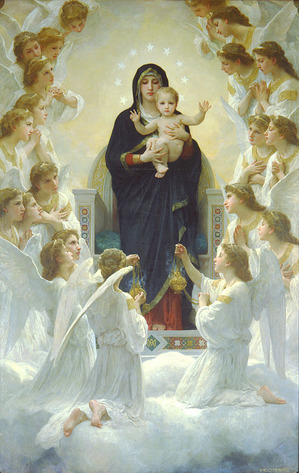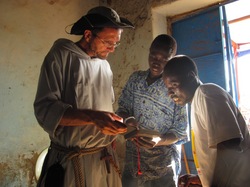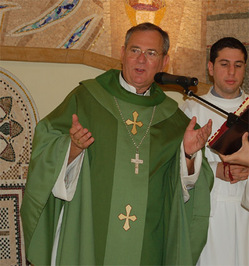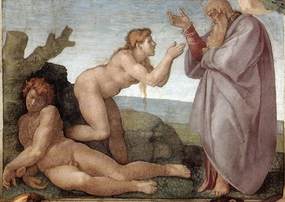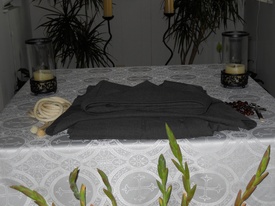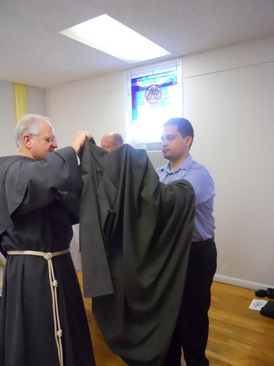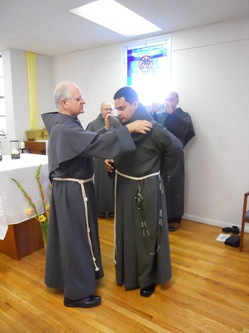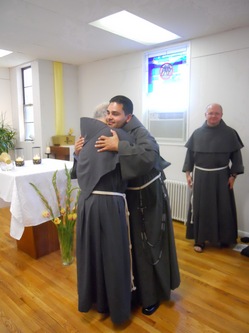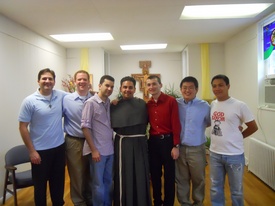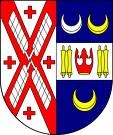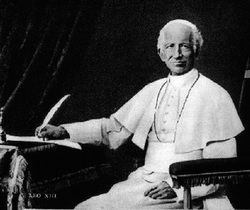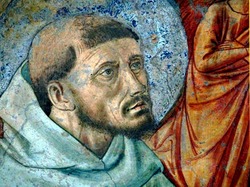The Order of
Capuchin Friars Minor opened a center for spirituality and formation for
religious and laypeople who want to attend courses and retreats in that region.
The center, which is inspired by the motto, “I am the light of the
world,” was inaugurated 28 September 2010.
At the inauguration ceremony,
Archbishop Fouad Twal, Latin patriarch of Jerusalem, noted that this light is
the witness that believers make to those around them. He added that this idea
“is a topic of our next synod,” which will take place in Rome,
beginning Sunday, and will focus on the Middle East.
“In Jerusalem, we can
count on hundreds of religious congregations, 14 of which are contemplative
communities,” the prelate said. “They are the strength and richness
of the Latin Catholic Church.” He continued: “Today we inaugurate a
new center for spirituality and welcome, thanks to the goodwill of our beloved
Capuchins, a center called to be light.” “True Christians influence
the world around them and reflect the light of the Lord,” the archbishop
affirmed.
The property where the center is located belonged to the Capuchin
order since the 1930’s, when Archbishop Luigi Barlassina invited the religious
to build a convent in the Jewish area of Jerusalem.
However, the friars had to
leave Jerusalem during World War II, putting the project on hold. The property
was taken over by the state for a psychiatric hospital. The Capuchin center
project was later revived in the 1990’s.
Present at the inauguration ceremony
were: Fr. Mauro Jöhri, Capuchin General Minister and the entire Definitory; His
Beatitude, Archbishop. Fouad Twal, Latin Patriarch of Jerusalem; Archbishop
Antonio Franco, Apostolic Delegate in Jerusalem and Apostolic Nuncio in Israel;
Fr. Pierbattista Pizzaballa, OFM, Custos of the Holy Land; Bishop
Francesco Beschi, Bishop of Bergamo; the Capuchin Order’s Legal Representative,
the General Bursar, the Capuchin Provincial Minister of Venice, other
Franciscan Provincials.
The renovation was made possible by a number of
benefactors, with a considerable contribution from the Cariplo Foundation.
A photo
journal of the center’s dedication is here.
The Latin Patriarch of
Jerusalem posted a story on
the center.
Zenit carried a story on this center.
(this
story is reposted and edited from Capuchin Newsnotes, 13 October 2010)
